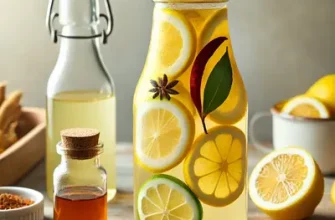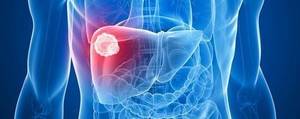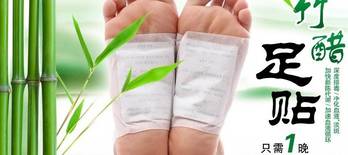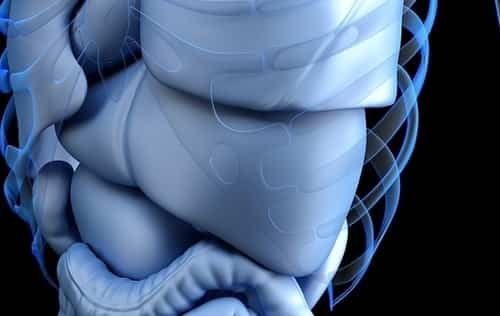Your liver works tirelessly to detoxify your body, metabolize nutrients, and keep you healthy. But can you actually “detox” your liver naturally, and what does that mean? Let’s dive into the facts and bust some myths surrounding liver health.
Nutrients and Their Benefits for Liver Health
This horizontal bar chart showcases key nutrients that benefit liver health, ranked by their effectiveness in supporting detoxification, reducing inflammation, and enhancing overall liver function.
What Does the Liver Do?
The liver is one of the hardest-working organs in your body. It:
- Filters toxins and waste from your blood.
- Produces bile to help digest fats.
- Stores essential vitamins and minerals like A, D, E, K, and B12.
- Regulates blood sugar levels by storing and releasing glucose.
For example, consider a 40-year-old office worker in Atlanta who consumes a diet rich in processed foods. Over time, their liver manages the added burden by processing excess fats and sugars, demonstrating the organ’s resilience.
In short, your liver is your natural detox powerhouse.
Myths About Liver Detoxing
- “Detox Drinks Cleanse Your Liver.”
- Truth: No special drink will “flush out” your liver. For instance, a 2022 study in Boston found no evidence that commercial detox drinks improved liver function in healthy adults.
- “Fasting Improves Liver Function.”
- Truth: Proper fasting, such as the practice encouraged during Ramadan , can benefit the liver when done correctly. Periodic fasting helps regulate fat metabolism and reduce liver fat buildup. For instance, studies have shown that controlled intermittent fasting can improve insulin sensitivity and decrease markers of liver inflammation in patients with non-alcoholic fatty liver disease (NAFLD). However, extreme fasting without adequate hydration or nutrients can harm the liver and overall health.
- “You Can Remove Years of Toxins Quickly.”
- Truth: Your liver does not store toxins. It breaks them down and eliminates them efficiently through urine and feces.
Signs Your Liver Might Need Support
While your liver doesn’t need a “detox,” it can benefit from extra care. Some signs of liver stress include:
- Fatigue or sluggishness: Feeling persistently tired, even after adequate rest, can indicate that the liver is struggling to process toxins or regulate energy levels.
- Digestive problems like bloating: A sluggish liver may lead to indigestion, gas, or bloating, often after eating fatty meals.
- Yellowing of the skin or eyes (jaundice): This occurs when the liver can’t properly process bilirubin, a byproduct of red blood cell breakdown, leading to its buildup in the body.
- Difficulty losing weight: A liver burdened by excessive fat or toxins may slow down metabolism, making it harder to shed pounds.
For example, a 38-year-old man in Chicago reported unexplained fatigue and mild yellowing in his eyes. Medical tests revealed elevated liver enzymes and early-stage liver disease. After dietary changes and weight management, his symptoms improved significantly.
For example, a 52-year-old woman from Denver experienced chronic fatigue and abdominal pain, which led to a diagnosis of non-alcoholic fatty liver disease. Early detection helped her manage the condition effectively.
If you experience these, consult a healthcare professional.
Benefits of Foods for Liver Health
| Food | Benefit (%) |
|---|---|
| Broccoli | 85% |
| Garlic | 80% |
| Green Tea | 75% |
| Avocado | 90% |
| Lemon | 70% |
This chart illustrates the effectiveness of various foods in supporting liver health, with avocado leading at 90% and lemon at 70%. Incorporating these foods into your diet can enhance detoxification and overall liver function.
Top Natural Ways to Support Liver Health
- Eat a Balanced Diet
- Focus on whole, nutrient-rich foods like fruits, vegetables, lean proteins, and whole grains.
- Example: A dietitian in New York advised a 35-year-old teacher to incorporate spinach, avocado, and quinoa into her meals, leading to noticeable energy improvements.
- Stay Hydrated
- Water helps your liver process and eliminate waste efficiently. Aim for at least 8 cups daily.
- Tip: Start your day with a glass of lemon water for added hydration and vitamin C.
- Incorporate Liver-Friendly Foods
- Cruciferous vegetables (e.g., broccoli, Brussels sprouts) boost liver enzyme production.
- Garlic contains sulfur compounds that activate liver detox enzymes.
- Citrus fruits are high in vitamin C, aiding liver function.
- Case study: A 45-year-old chef in Miami added daily servings of broccoli and noticed reduced bloating within weeks.
- Maintain a Healthy Weight
- Non-alcoholic fatty liver disease (NAFLD) is often linked to obesity. Regular exercise and a balanced diet can reduce the risk.
- Real example: A 50-year-old man from Houston reversed early-stage NAFLD through a 30-minute daily walking routine and portion control.
- Avoid Over-the-Counter Overload
- Excessive use of medications like acetaminophen can strain the liver. Use medications responsibly and only as directed by a physician.
Practical Liver-Support Table
| Food/Drink | Benefit |
|---|---|
| Broccoli and Brussels Sprouts | Increase detoxifying enzymes |
| Green Tea | Rich in antioxidants |
| Coffee | Linked to lower risk of liver disease |
| Garlic | Activates liver enzymes |
| Lemon Water | Enhances hydration, vitamin C intake |
What Experts Say
According to Reyus Mammadli, a health care advisor, “A healthy liver thrives on balance—balance in diet and lifestyle. No one food or drink can detoxify your liver; it’s about the overall picture.”
Risks to Liver Health
| Risk Factor | Impact (%) |
|---|---|
| Obesity | 85% |
| Excessive Medication Use | 75% |
| Poor Diet | 80% |
| Chronic Stress | 65% |
| Environmental Toxins | 70% |
This chart highlights the major risk factors for liver health, with obesity being the leading contributor at 85%. Addressing these risks can significantly reduce the chances of liver-related complications.
Editorial Advice
While natural methods can enhance liver health, they’re not a cure-all. Consistent habits like eating well, exercising, and staying hydrated are your best bet. If you suspect liver problems, always consult a healthcare professional. Remember, prevention is easier than treatment, and your liver deserves the care it needs to function at its best.








